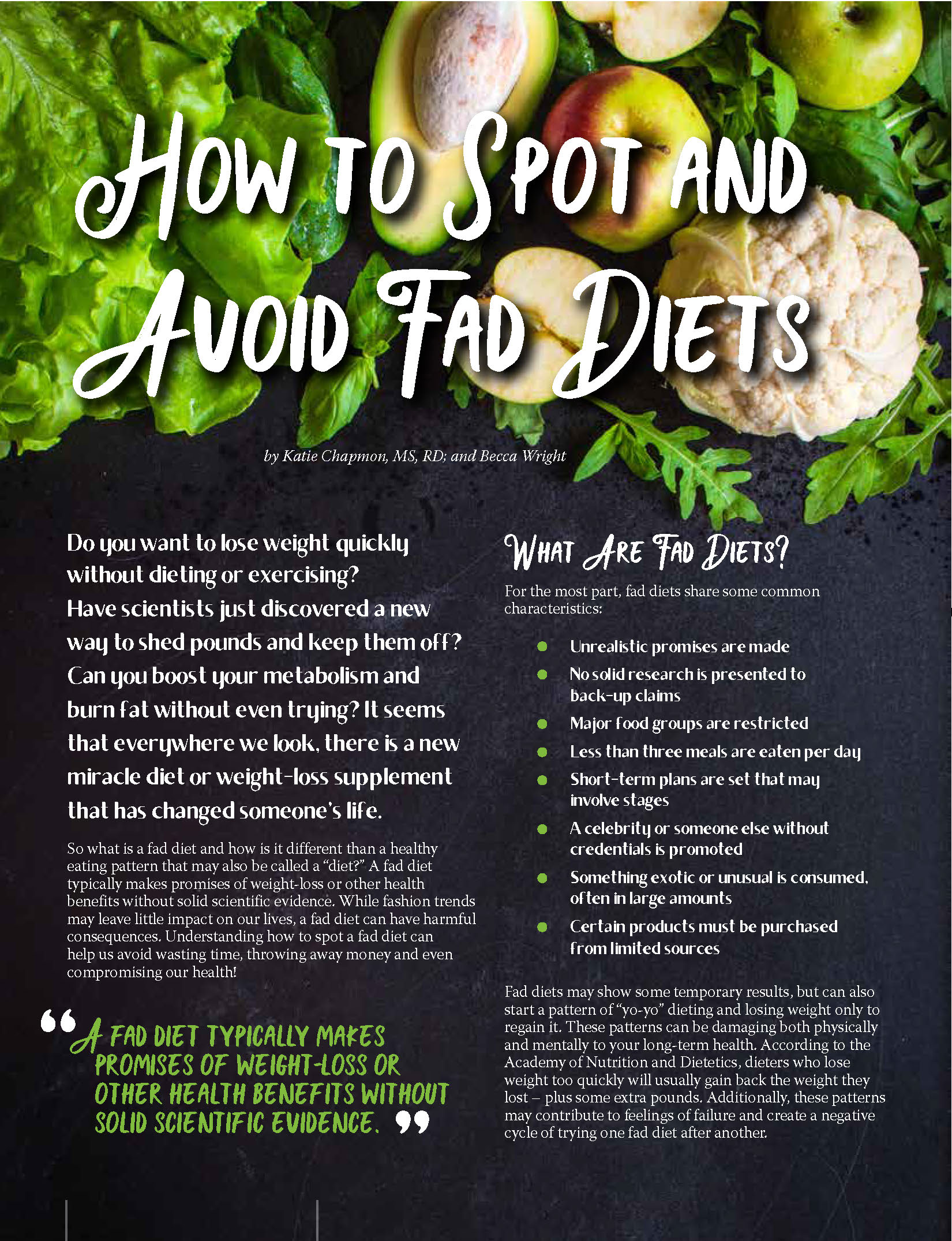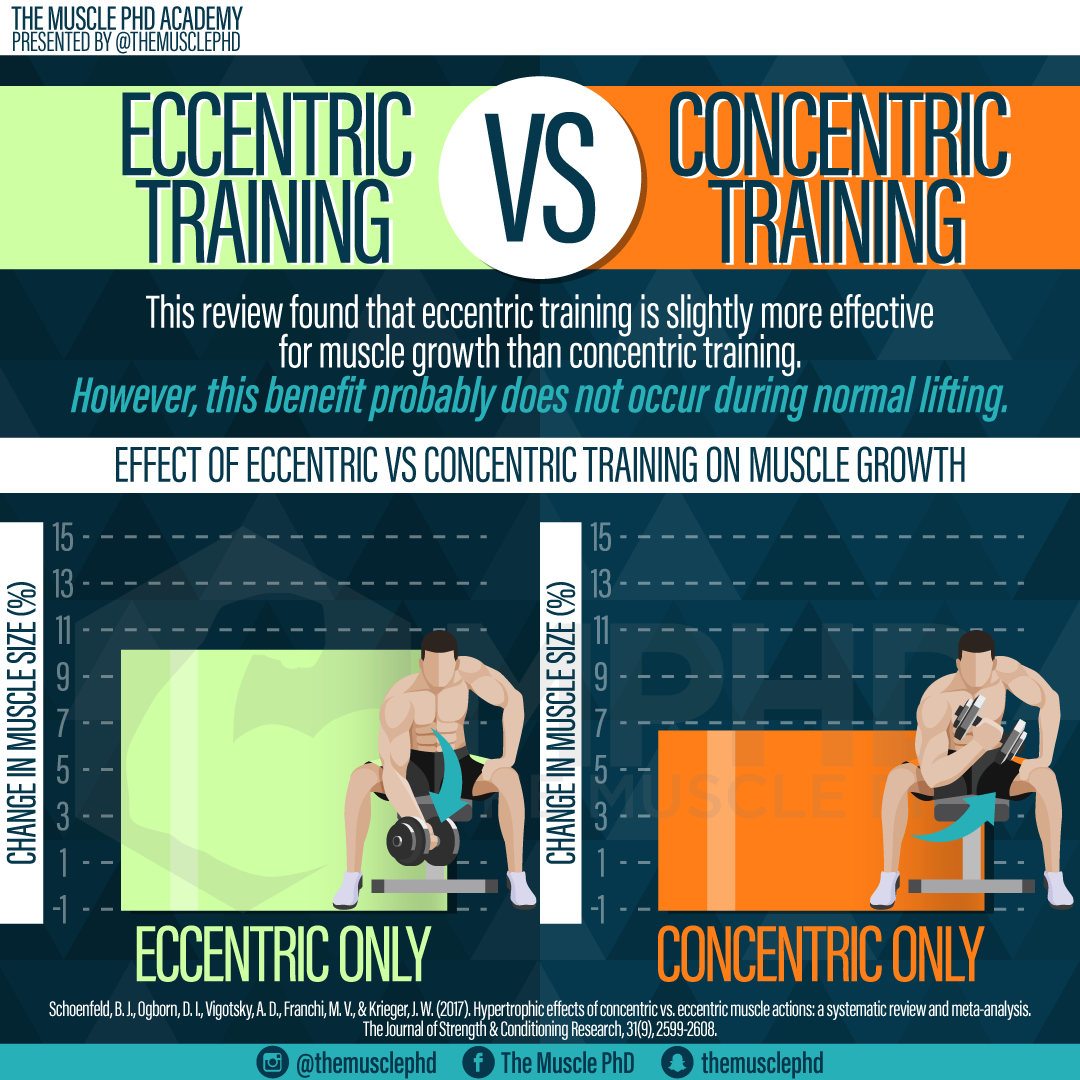
From Fad to Fit: Evaluating Popular Diet Trends for Weight Loss
Weight loss is a common goal for many individuals seeking to improve their health, boost their confidence, or enhance their overall quality of life. However, the journey to achieving optimal body weight goes beyond just counting calories or hitting the gym. It involves a comprehensive understanding of our bodies, lifestyle choices, and the psychological factors that influence our eating habits.
Why is Weight Loss Important?
Excess weight can lead to various health issues, including but not limited to heart disease, diabetes, and joint problems. Maintaining a healthy weight is essential not only for physical health but also for mental and emotional well-being. It can enhance self-esteem and provide a sense of achievement.
Setting Realistic Goals
Before embarking on a weight loss journey, it’s crucial to set realistic and achievable goals. The Centers for Disease Control and Prevention (CDC) recommends aiming for a weight loss of 1 to 2 pounds per week. This gradual approach is more sustainable and ensures that unhealthy weight-loss methods are avoided.
Understanding Calories
The concept of calories is central to weight loss. Consuming fewer calories than your body burns leads to weight loss as the body begins to utilize stored fat for energy. Understanding the caloric content of foods can help individuals make informed decisions about their diets.
Balanced Diet for Weight Loss
A balanced diet is crucial when aiming for weight loss. Instead of following fad diets that eliminate entire food groups, focus on incorporating a variety of foods from all food groups. A diet rich in fruits, vegetables, lean proteins, and whole grains can provide the necessary nutrients while keeping calorie intake in check.
The Role of Exercise
Consistent physical activity supports weight loss by increasing the number of calories burned. Both aerobic exercises, such as running and cycling, and strength training exercises contribute to weight management. Finding an enjoyable workout routine increases the likelihood of sticking with it over the long term.
Common Weight Loss Pitfalls
While the road to weight loss may appear straightforward, many encounter common pitfalls:
- Skipping Meals: This often backfires, causing overeating later due to hunger.
- Overestimation of Calories Burned: Many people underestimate the number of calories consumed versus what they burn.
- Social Influences: Social settings often present tempting foods that can derail progress.
Mental and Emotional Factors
Weight loss isn’t just a physical journey; it involves mental and emotional challenges. Stress, anxiety, and emotional eating can significantly affect one’s ability to adhere to a weight loss plan. Mindfulness practices, such as meditation and journaling, can help address these challenges effectively.
Tracking Progress
Monitoring progress helps maintain motivation. This could be through regular weigh-ins, tracking measurements, or maintaining a food diary. Several apps and tools can assist in tracking calories, exercise, and weight loss progress.
Supplements and Weight Loss Aids
Many turn to supplements or weight loss aids, but it’s essential to approach these options with caution. Some products, such as steroids, can have serious health implications. Researching and consulting with healthcare professionals can provide avenues that ensure safety and effectiveness. For further insight, you can visit [Steroid.com](
Conclusion
Weight loss is a multifaceted journey that requires a balanced approach. Combining healthy eating, consistent physical activity, and mental well-being is crucial for sustainable success. Educating oneself about the various aspects of weight loss and being mindful of the journey will yield the best results. Remember, seeking support and advice from healthcare professionals can also enhance your efforts in achieving weight loss effectively.
FAQs
1. How fast can I expect to lose weight?
The CDC recommends a loss of 1 to 2 pounds per week as a safe and sustainable goal.
2. Are there any quick fixes for weight loss?
Quick fixes often lead to temporary weight loss and can be unhealthy. A balanced diet and exercise are more effective long-term.
3. Can I lose weight without exercising?
While it’s possible to lose weight through diet alone, incorporating exercise can enhance results and improve overall health.
4. What role do supplements play in weight loss?
Supplements can aid weight loss, but it’s important to research their safety and effectiveness thoroughly. Consulting a healthcare professional is advisable.
5. Where can I find reliable information about weight loss?
Reliable sources include healthcare providers, registered dietitians, and reputable health websites. You may also visit external links like this Quora profile and Menagerie Media for more insights.
For additional information, you can also check resources such as Body Piercing Guide and Hanna Houston’s Podcast.
FREE SHIPPING
CLICK HERE!
HOT PROMOTIONS!
FREE SHIPPING
CLICK HERE!
HOT PROMOTIONS!
Weight loss is a complex process that involves changing one’s diet, increasing physical activity, and adopting healthier habits. For many individuals, the journey to lose weight can be both physically and emotionally challenging. Understanding the fundamental principles behind weight loss can help individuals set realistic goals, stay motivated, and achieve long-term success. Ultimately, effective weight loss is not just about shedding pounds but also about fostering a healthier lifestyle that incorporates balanced nutrition and regular exercise.
At the core of weight loss is the concept of caloric balance, which refers to the relationship between the calories consumed through food and beverages and the calories expended through physical activity and metabolic processes. To lose weight, one must create a caloric deficit, meaning that the body uses more calories than it takes in. This can be achieved by either reducing caloric intake, increasing energy expenditure through exercise, or ideally, a combination of both. It is essential for individuals to assess their current habits and establish a realistic caloric goal to promote gradual and sustainable weight loss.
In addition to caloric management, the quality of the food consumed plays a vital role in weight loss efforts. Focusing on whole, nutrient-dense foods such as fruits, vegetables, whole grains, lean proteins, and healthy fats can help individuals feel fuller for longer periods while providing the necessary vitamins and minerals to support overall health. Processed and high-sugar foods may contribute to weight gain due to their low satiety levels, often leading to overeating. Furthermore, adequate hydration is crucial, as drinking water can aid in digestion, boost metabolism, and help manage hunger.
Incorporating regular physical activity into a weight loss plan is equally important, as exercise not only burns calories but also promotes muscle development and boosts metabolism. A well-rounded exercise program should ideally include a mix of cardiovascular activities, such as walking, running, or cycling, alongside strength training exercises that enhance muscle mass. Finding activities that individuals enjoy can make it easier to remain consistent and committed to a fitness routine. Additionally, setting achievable fitness goals can help maintain motivation and track progress throughout the weight loss journey.
Lastly, it’s important to address the psychological aspects of weight loss, as emotional well-being and mindset significantly influence success. Many individuals may face psychological barriers such as stress, anxiety, or low self-esteem that can hinder their progress. Building a supportive network of friends, family, or professionals can enhance motivation and accountability, making the journey feel less isolating. Additionally, developing positive self-talk, celebrating small victories, and focusing on overall health rather than just numbers on a scale can foster a more constructive approach to weight loss. By recognizing the multifaceted nature of weight loss and adopting a holistic approach, individuals can create lasting changes that lead to improved well-being.















